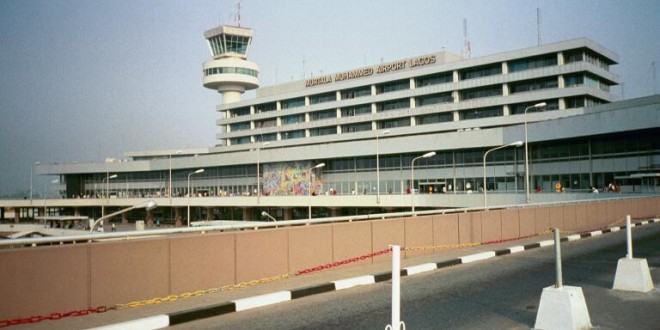Aviation unions Monday paralysed activities at the nation’s airports following simultaneous protests over an alleged move to proscribe trade union activities as contained in…
Aviation unions Monday paralysed activities at the nation’s airports following simultaneous protests over an alleged move to proscribe trade union activities as contained in the newly passed Civil Aviation Act.
Thousands of passengers were stranded in airports across the country as many of them said they missed important appointments.
Five aviation unions had last Thursday threatened to shut down the industry after discovering what they called “obnoxious clauses” in the new Act assented to by President Muhammadu Buhari penultimate week.
They vowed to protest at all airports nationwide and picket the aviation agencies in Abuja and Lagos to demand for the removal of the clauses.
The unions also gave the federal government and the National Assembly 14 days to expunge the clauses or face a total shutdown of the industry.
The protesting unions include the National Union of Air Transport Employees (NUATE), Air Transport Services Senior Staff Association of Nigeria (ATSSSAN), the Association of Nigerian Aviation Professionals (ANAP), National Association of Aircraft Pilots and Engineers (NAAPE) and the Amalgamated Union of Public Corporation Civil Service Technical and Recreational Services Employees (AUPCTRE).
The contentious clauses
The bone of contention, our correspondent learnt, is the provisions of Section 67, subsections 1, 2 and 3 in the new Act, which classify aviation workers as rendering essential services.
In designating aviation as essential services, Section 67 said, “All services, which facilitate and maintain the smooth, orderly and safe take-off, flight and handling of aircraft and the disembarkation and evacuation of passengers and cargo respectively in all aerodromes in Nigeria are hereby designated as essential services pursuant to the provisions of section 11 (I) of the Constitution of the Federal Republic of Nigeria.
Subsection Two added that “The minister may by regulations prohibit all or such class or classes of workers, officers and other employees of persons, whether corporate or natural, engaged in the provision of the services specified in subsection (1) of this section from taking part in a strike or other industrial action.”
The unions however vowed to reject the provisions and said the implementation of the new CAA is dead on arrival.
 Hottestgistnaija.com
Hottestgistnaija.com





